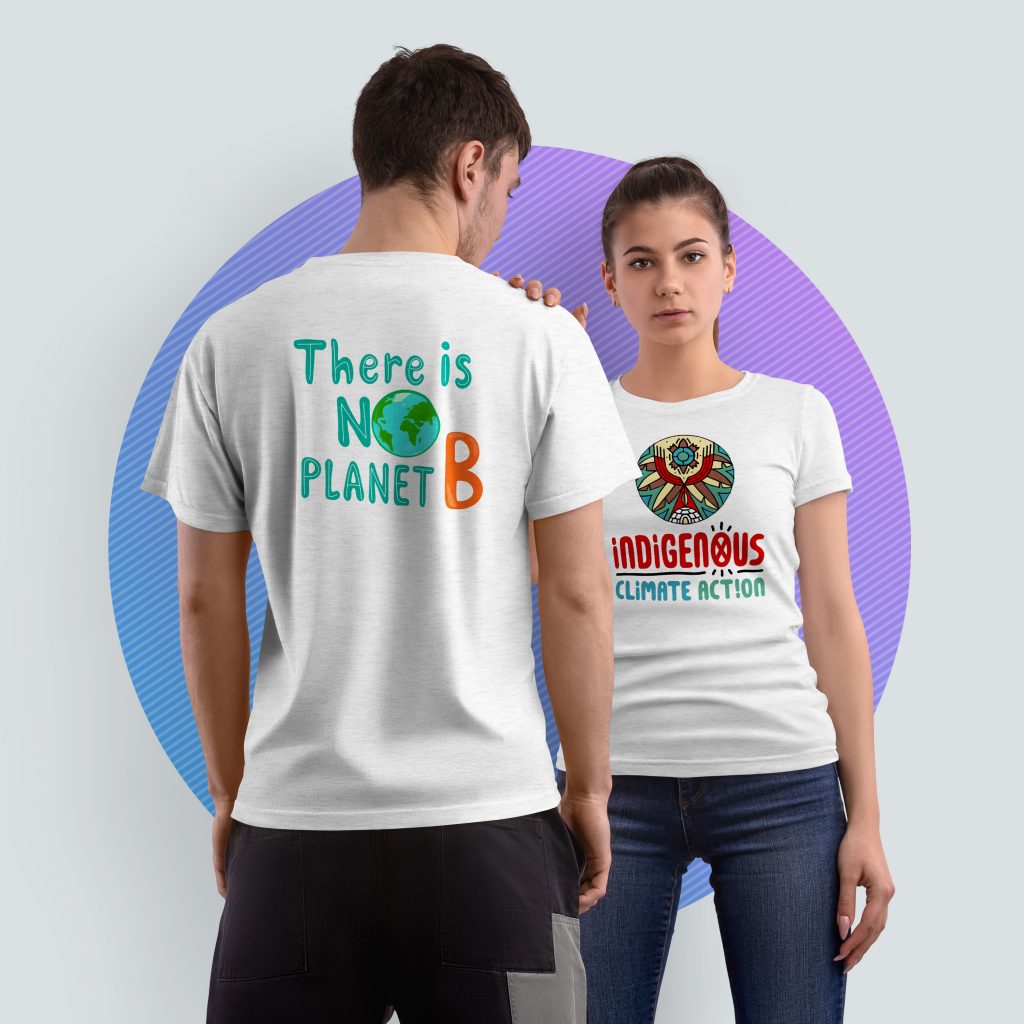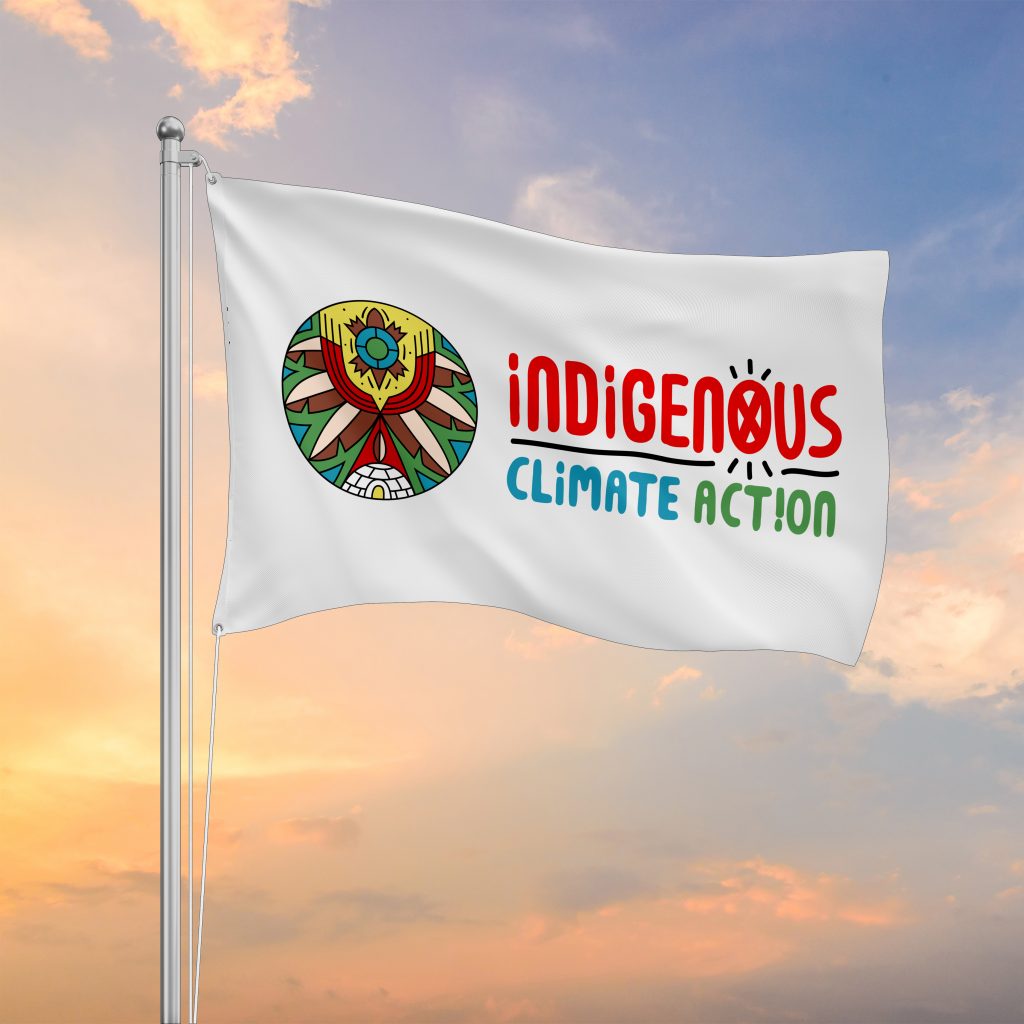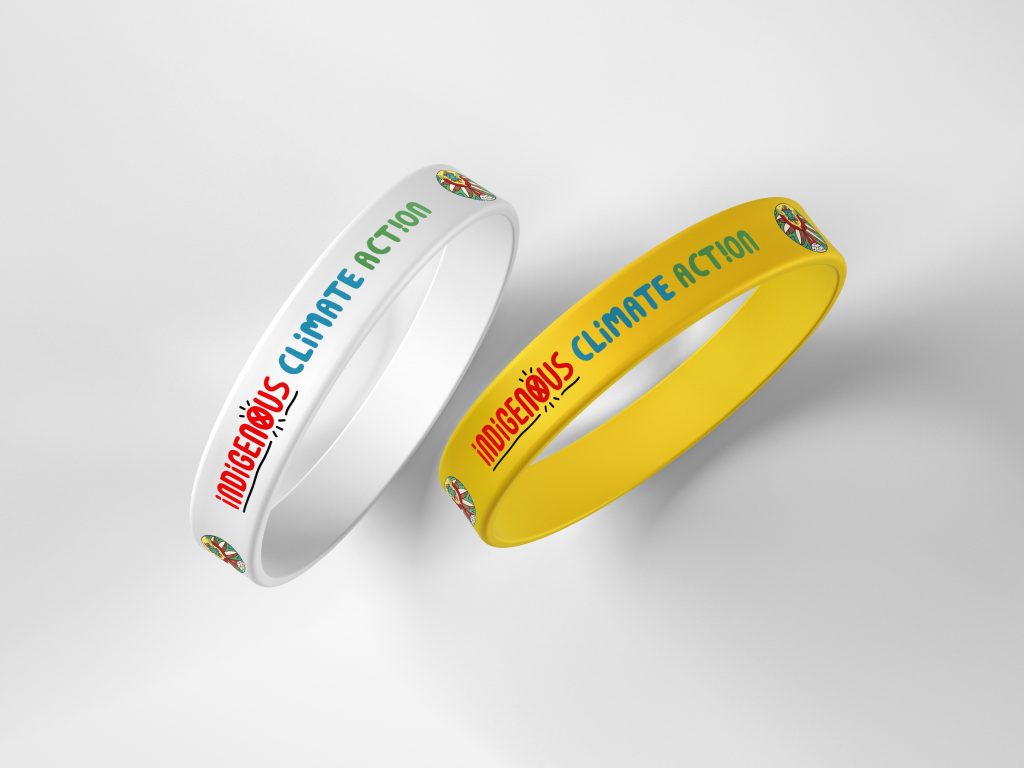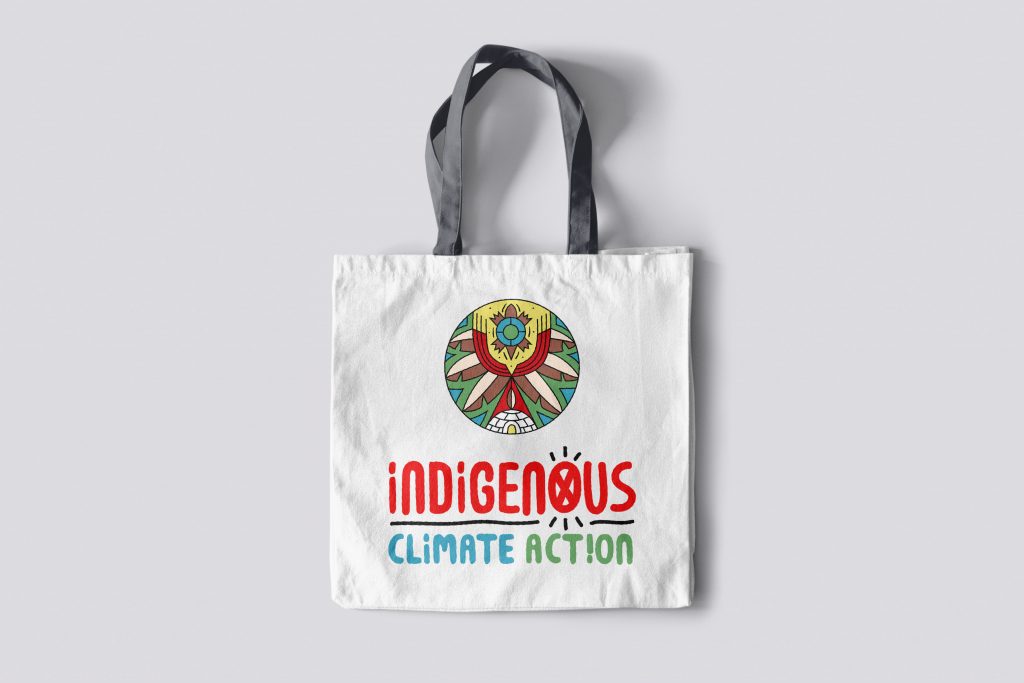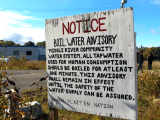Canada’s concern about climate change
Canada has long acknowledged the belief that free and open trade, conserving the environment and acting on climate change must go hand in hand. Sustainable success will rely on this. At the UN Climate Change Conference (COP), Canada motivated the organization of robust guidance for nationally inferred contributions to assist nations to develop explicit and transparent relief commitments that indicate their highest feasible ambition in light of their national circumstances.
The nation has furthermore worked with additional parties to formulate guidance for tracking their growth. They will proceed to support a leading international emphasis on modification actions, especially for developing nations. To shape the capacity to adjust to the effects of a changing climate, Canada will motivate parties to undertake planning processes for adoption at the national level and report on their growth, to share their knowledge and lessons discovered.
Impact of climate change on indigenous peoples
Although climate change has an impact on all communities, Indigenous peoples are among the first and most harshly affected.
It is crucial to emphasize that the threats that climate change poses to indigenous peoples vary from the threats that it poses to other communities in society, including the poor (in their entirety). This is because indigenous peoples share some characteristics that, in combination, do not exist in any other community. Therefore, they are extremely vulnerable to the direct impacts of climate change.
- Indigenous peoples are generally very poor, which makes them most vulnerable to climate change.
- They rely on renewable natural resources and are most at risk due to climate variability and extremes in their economic activities and occupations.
- They dwell in geographical areas and ecosystems that are most exposed to the consequences of climate change, while also sharing a complicated cultural connection with such ecosystems.
- Increased levels of exposure and vulnerability to climate change force these people to migrate, which in most cases is not a solution and can instead worsen social and economic vulnerabilities.
- Gender inequality, an important factor in the deprivation endured by the communities’ women, is amplified by climate change.
- Multiple such communities continue to encounter exclusion from decision-making procedures, constantly lacking recognition and institutional assistance. This restricts their access to solutions, increases their vulnerability to climate change, weakens their ability to mitigate and adjust to climate change, and accordingly poses a danger to the progress made in protecting their rights.
Flaws and difficulties of countering climate change
The potential danger of climate change to these peoples’ very presence is blended with several legal and institutional barriers, which affect their ability to resist and adapt to climate change, thus making climate change a problem of human rights and inequality for indigenous peoples. It is furthermore crucial to notice that strengthening and aiding the adaptive ability of indigenous peoples will merely be successful if it is incorporated with other policies such as catastrophe preparation, land-use planning, environmental preservation and national strategies for sustainable development.
In several instances, adapting to new circumstances needs extra financial resources and the transfer of technical abilities that most indigenous populations do not possess. While short-term adaptation actions are underway, resource and capacity limitations are hampering the enactment of long-term adaptive policies. The full and practical participation of indigenous communities is important to the development of State-developed mitigation assessments to guarantee that such strategies do not negatively impact vulnerable communities.
Indigenous people can also be crucial to fighting climate change, due to their intimate understanding of how to regulate the territory that they’ve always inhabited. The impacts of climate change are certainly a crucial matter and need to be dealt with. By weakening the ways of indigenous people, humanity is in danger of losing one of the best and cheapest means, it has to fight climate change.
First Nation Good’s Pledge
First Nation Good’s has partnered with indigenous climate activists to spread awareness of the critical impacts that climate change has on the native communities across North America.
Proceeds from all Indigenous Climate Action sales go towards indigenous climate change initiatives and awareness campaigns.



